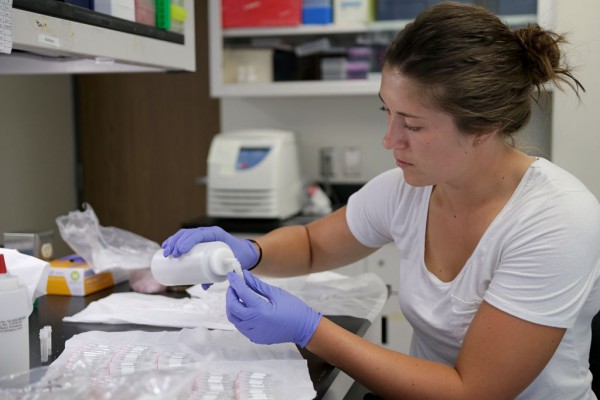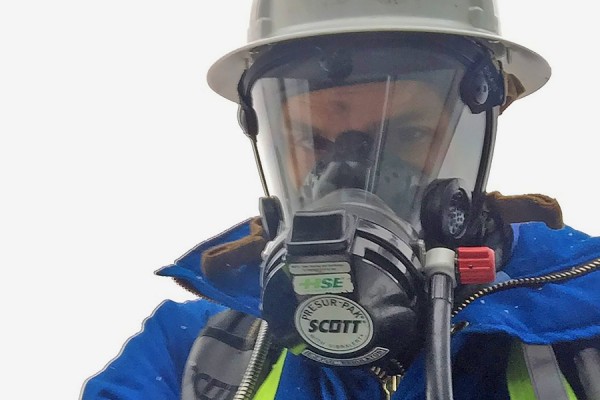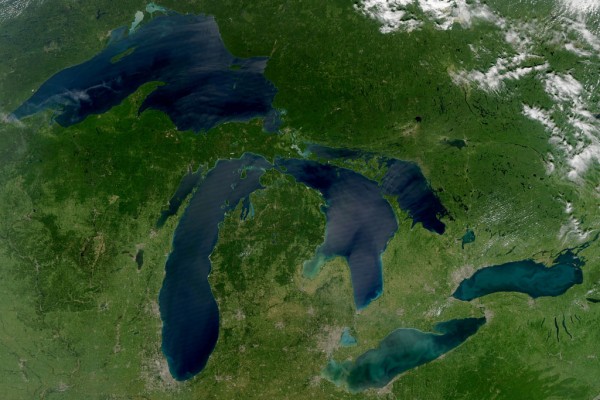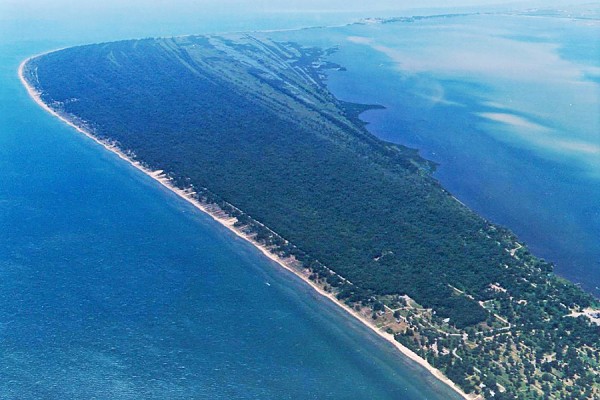A collaborative research project at the University of Windsor is starting to make waves.
The Council of the Great Lakes Region featured the Real-time Aquatic Ecosystem Observation Network (RAEON) in its semi-annual magazine The Current.
RAEON is led by University of Windsor professor and Tier 1 Canada Research Chair in Changing Great Lakes Ecosystems Aaron Fisk.










